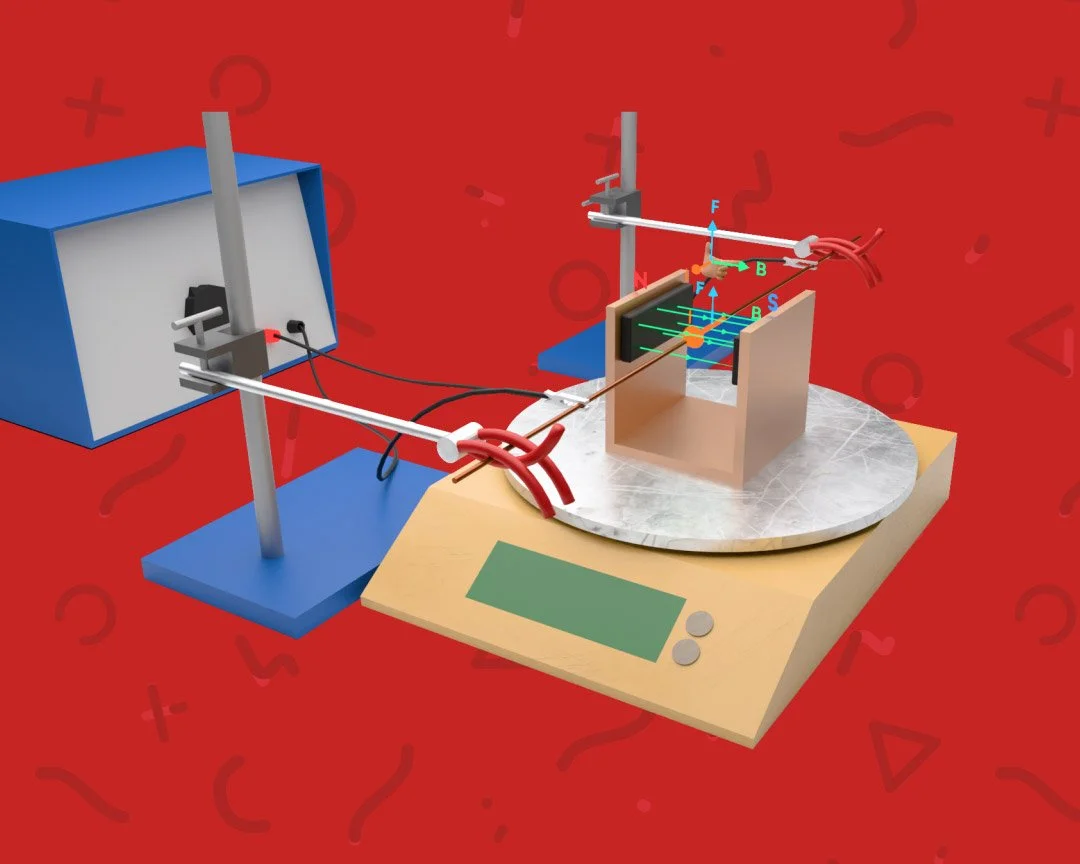Group Study: Pros, Cons, and How to Make It Effective
Welcome to GoPhysics.co.uk, your trusted platform for mastering GCSE Physics. As you prepare for your exams, you may be considering different study strategies. Group study sessions can be a powerful tool, but they come with their own set of advantages and challenges. In this blog post, we'll explore the pros and cons of group study, and provide you with tips on how to make it a productive and enriching experience.
The Pros of Group Study
1. Diverse Perspectives
Benefit: Group study brings together individuals with different learning styles and approaches. This diversity can lead to a more comprehensive understanding of the material.
2. Motivation and Accountability
Benefit: Studying with peers can provide a boost in motivation. The commitment to a group can help you stay on track with your study schedule.
3. Exchange of Knowledge
Benefit: Everyone in the group may have unique insights or understandings of certain topics. Sharing these perspectives can enhance overall comprehension.
4. Effective Problem-Solving
Benefit: Group members can collaborate to tackle difficult problems or questions, combining their strengths to find solutions.
5. Increased Retention
Benefit: Discussing and explaining concepts to others can reinforce your own understanding and retention of the material.
The Cons of Group Study
1. Potential for Distractions
Drawback: Group settings can sometimes lead to off-topic discussions or distractions that hinder focused studying.
2. Different Paces of Learning
Drawback: Group members may have varying levels of familiarity with the material. This can lead to either too slow or too fast of a study pace for some individuals.
3. Dependency on Others
Drawback: Relying solely on group study may make it challenging to develop independent study skills, which are also crucial for exam preparation.
How to Make Group Study Effective
Set Clear Goals: Establish specific objectives for the study session, such as reviewing a particular topic or completing practice questions.
Assign Roles: Designate tasks to different group members, such as note-taking, explaining concepts, or leading discussions.
Create a Structured Agenda: Outline the topics or activities you'll cover during the study session to ensure everyone stays on track.
Rotate Locations: Changing study environments can help maintain focus and prevent monotony. Consider rotating between group members' homes or using different study spaces.
Utilise GoPhysics Resources
Incorporate GoPhysics.co.uk resources like video lessons, animations, and flashcards to supplement your group study sessions. Use these tools to enhance understanding and reinforce concepts.
Encourage Active Participation: Encourage all members to actively engage in discussions, ask questions, and contribute their insights.
Review and Reflect: At the end of the session, take time to review what you've learned and reflect on areas that may require further attention.
By leveraging the benefits of group study and addressing potential drawbacks, you can create a dynamic and effective study environment. Remember, finding the right balance between group study and independent study is key to achieving success in your GCSE Physics exams.
-




